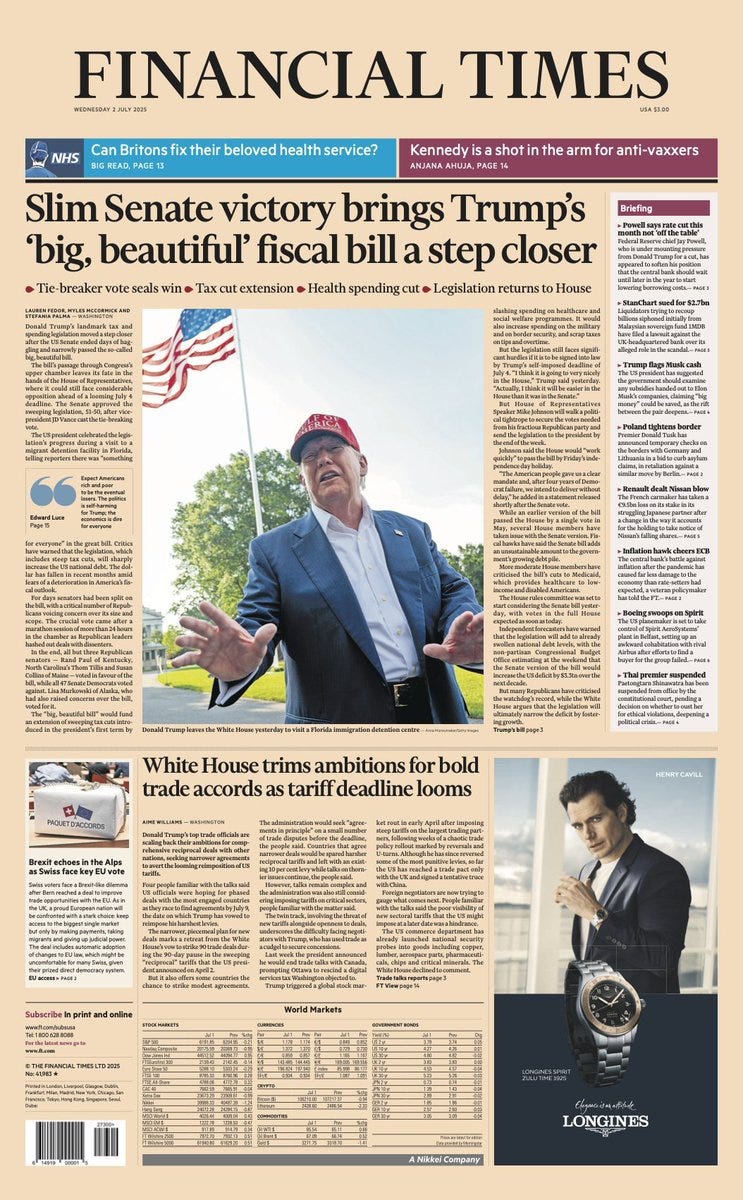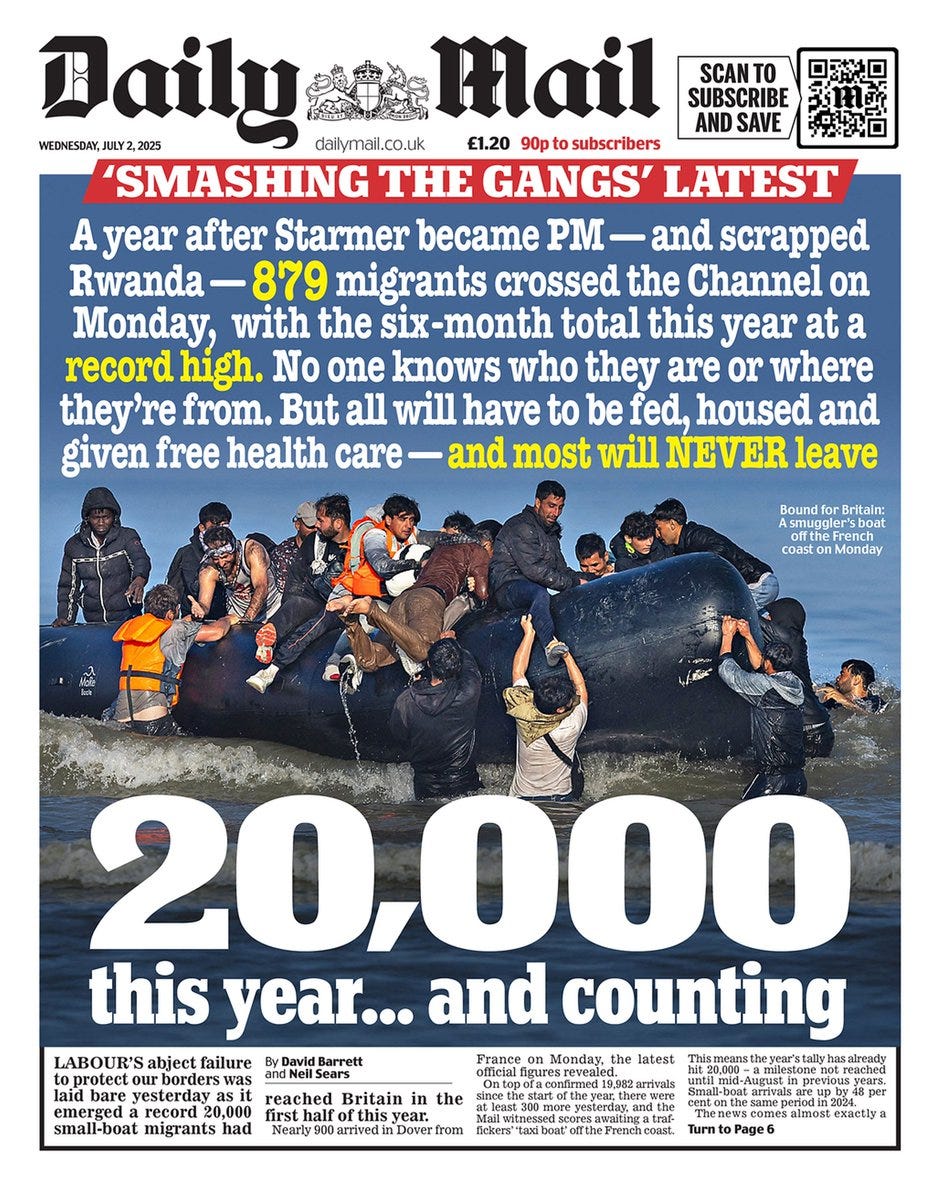The Sanctions Freeze: How Trump’s Silence Is Empowering Putin & Leaves Ukraine More Vulnerable
With no new U.S. sanctions imposed on Russia since January—and some restrictions quietly eased—analysts warn of crumbling deterrence and renewed flows of military tech to the Kremlin.
Since President Trump returned to office in January, the United States has issued no new sanctions against Russia related to the full-scale invasion of Ukraine. In some cases, the administration has eased restrictions. And without new ones, analysts say, existing measures lose their force. The result has created an opening for new dummy companies to funnel funds and critical components to Russia, including computer chips and military equipment that would otherwise be cut off to the Kremlin, trade and corporate records show. Sanctions became the center point of the Western-led effort to isolate the country after it invaded Ukraine in 2022. The effort evolved into an international game of cat-and-mouse, as evasion schemes regularly sprang up around the world. During his presidency, Joseph R. Biden Jr. imposed thousands of so-called maintenance sanctions targeting new schemes. But this year, those actions have come to a standstill, according to a New York Times analysis of restrictions on trade, financial transactions and other activities connected to Russia and its president, Vladimir V. Putin. “Trump’s approach to economic statecraft is to impose pressure and get leverage and try to get the best deal possible,” said Edward Fishman, a senior research scholar at the Center on Global Energy Policy at Columbia University. “For whatever reason, with Russia, he doesn’t want to have any leverage over Putin.” In total, the Biden administration imposed more than 6,200 blocks on individuals, companies, vessels and aircraft linked to Russia. In Mr. Biden’s final weeks in office, the United States ramped up pressure even further, issuing nearly three times the monthly average, according to a Times analysis of data from the Treasury Department. The effects of that pressure are already beginning to erode. A Times review of trade records, online listings and corporate filings identified more than 130 companies in mainland China and Hong Kong that are advertising immediate sales of restricted computer chips to Russia. None of the companies is under sanctions. The president has used sanctions aggressively elsewhere, the data shows. Mr. Trump has imposed more than 280 new restrictions on Iran in the past six months, targeting people involved in terror financing. He has also penalized judges at the International Criminal Court for investigating potential Israeli war crimes. And he has used sanctions to crack down on narcotics trafficking and cyber-criminal groups - NYT
If one company is targeted with restrictions, many others are ready to take its place. One of these firms, HK GST Limited, advertises chips essential to Russian cruise missiles, including the Kh-101, which was recently used in a strike on Kyiv that killed 10 civilians. The firm was incorporated in Hong Kong nine months ago, and its website was set up in February. An analysis of website hosting data, domain ownership, code patterns and contact details links the company to a network of four similar electronics distributors, including Singaporean-based ChipsX and Carbon Fiber Global, a high-performance drone part manufacturer based in China. All of these companies were set up within the last three years. Several companies in the network have sent restricted components to Russia in violation of U.S. export controls, trade data, online listings and corporate registration records show - NYT
“Trump’s approach to economic statecraft is to impose pressure and get leverage and try to get the best deal possible. For whatever reason, with Russia, he doesn’t want to have any leverage over Putin.” - said Edward Fishman, senior research scholar at the Center on Global Energy Policy at Columbia University.
A U.S.- and Israel-backed group handing out food in Gaza under an aid system denounced by the United Nations said on Wednesday it was planning to shut its branch in Geneva, after Swiss authorities launched proceedings to dissolve it. Hundreds of Palestinians have been killed trying to receive aid since the GHF began handing out food packages in Gaza at the end of May, under a system which Israel says is intended to prevent aid from being diverted to militants but the U.N. calls a dangerous violation of humanitarian neutrality principles. The Swiss Federal Supervisory Authority for Foundations (ESA) said in a notice published in the Swiss Official Gazette of Commerce on Wednesday that it could order the dissolution of the GHF unless creditors come forward within 30 days. The U.S.-registered GHF had registered an affiliate on February 12 in Geneva, home to headquarters for most U.N. humanitarian agencies, the Red Cross and many of the other charities involved in global aid distribution. The GHF told Reuters it had made a strategic decision not to start operations in Switzerland, and was now working to dissolve its Swiss-based entity. The ESA told Reuters the GHF had not fulfilled certain legal requirements to operate in Switzerland, including having the correct number of board members, a postal address or a Swiss bank account. “GHF confirmed to the ESA that it had never carried out activities in Switzerland...and that it intends to dissolve the Geneva-registered (branch)," the ESA said in a statement. Last week, Geneva authorities issued a separate legal notice to the GHF to remedy deficiencies within 30 days or face potential action. More than 500 people have been killed near GHF distribution hubs in Gaza or along access roads guarded by Israeli forces since the GHF started operating, according to Palestinian medical authorities in the territory. Israel's military acknowledged on Monday that Palestinian civilians had been harmed near the distribution centres and said its forces had been issued new instructions following what it called "lessons learned". - Reuters
Iranian President Masoud Pezeshkian put into effect on Wednesday a law passed by parliament last week to suspend cooperation with the U.N. nuclear watchdog, the IAEA, Iranian state media reported. Iran has threatened to halt cooperation with the IAEA, accusing it of siding with Western countries and providing a justification for Israel's air strikes, which began a day after the IAEA board voted to declare Iran in violation of obligations under the Nuclear Non-Proliferation Treaty. The law stipulates that any future inspection of Iran's nuclear sites by the International Atomic Energy Agency needs approval by Tehran's Supreme National Security Council. "We are aware of these reports. The IAEA is awaiting further official information from Iran," the IAEA said in a statement. Separately, Iranian Foreign Minister Abbas Araqchi said in an interview with CBS News that the U.S. bombing of Iran's key Fordow nuclear site has "seriously and heavily damaged" the facility - AP
Emmanuel Macron and Vladimir Putin on Tuesday spoke by telephone for the first time in over two-and-a-half years, with the French president urging a ceasefire in Ukraine but the Russian leader hitting back that the West was to blame for the conflict. One week after a ceasefire ended Israel's 12-day war with Iran, the two men also discussed Tehran's nuclear programme, with Macron suggesting Moscow and Paris work together to de-escalate tensions. Fighting still raged on the ground in Ukraine over three years after Russia's full-scale February 2022 invasion of its neighbour sparked the war, with efforts to agree a ceasefire at a standstill. The talks lasted for more than two hours and Macron and Putin agreed to hold more contacts on Ukraine and Iran in the future, the French presidency said. Macron "emphasised France's unwavering support for Ukraine's sovereignty and territorial integrity" and "called for the establishment, as soon as possible, of a ceasefire and the launch of negotiations between Ukraine and Russia for a solid and lasting settlement of the conflict", said the Elysee Palace. A Kremlin statement said Putin reminded Macron that "the Ukrainian conflict is a direct consequence of the policy of Western states". Putin added that Western states had "for many years ignored Russia's security interests" and "created an anti-Russian bridgehead in Ukraine". The Kremlin said Putin told the French president that any peace deal should be "comprehensive and long-term, provide for the elimination of the root causes of the Ukrainian crisis and be based on new territorial realities." The French leader tried in a series of phone calls in 2022 to warn Putin against invading Ukraine and travelled to Moscow early that year. He kept up phone contact with Putin after the invasion but talks then ceased, with the last call between the presidents dating back to September 2022. Macron has over the last year toughened his line against Russia, saying its expansionism is a threat to all of Europe. In April 2024, Russia's then defence minister Sergei Shoigu and French counterpart Sebastien Lecornu, a close confidant of Macron, held talks focused on security in the run-up to the Olympic Games in Paris. That was the last official high-level contact between the two countries - AFP
US President Donald Trump said Israel had agreed to a 60-day Gaza ceasefire and piled pressure on Hamas to accept a deal. Israel is yet to confirm Trump’s announcement but earlier, its United Nations ambassador told the BBC that the country is ready for a truce, albeit when all surviving hostages taken on Oct 7, 2023 are home. Hamas said it was also open to a ceasefire, but stopped short of accepting Trump’s terms. The American leader urged the group to take the offer, because “IT WILL ONLY GET WORSE.” Israel’s campaign in Gaza, meanwhile, showed no sign of relenting: At least 20 Palestinians were killed in an air strike Monday, and Israel ordered further evacuations in the north of the enclave - Semafor





